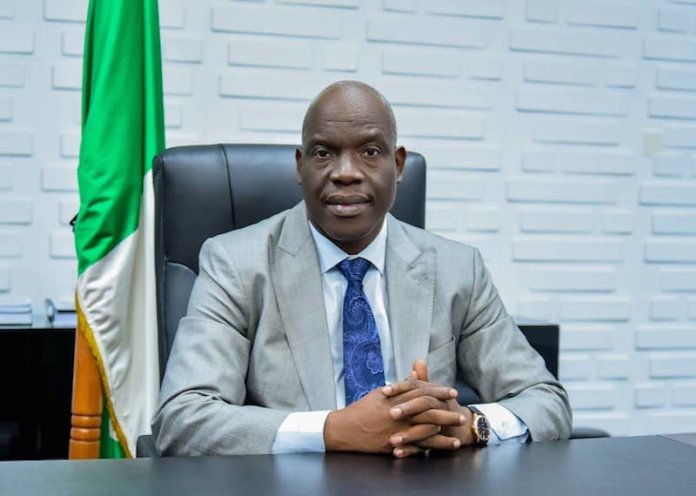NUPRC Clarifies Stance on Oil Block Licensing Round Guidelines and Firm Incorporation Age

The Nigerian Upstream Petroleum Regulatory Commission (NUPRC) has strongly defended the integrity and transparency of the ongoing 2024 oil block licensing round, refuting allegations of irregularities and improper awarding of licenses. The commission also addressed and debunked reports concerning the purported expiration of permits for 40 oil blocks, emphasizing that its processes are conducted in strict compliance with the Petroleum Industry Act (PIA) 2021 and established licensing guidelines.
Clarifications on Licensing Round Integrity: In response to claims that licenses were awarded to a company incorporated just days before the bidding process began, the NUPRC, through its Chief Executive Gbenga Komolafe, clarified that no violations of oil licensing guidelines occurred. Komolafe explained that the bid guidelines do not restrict participation based on the age of a company’s incorporation. Instead, eligibility is determined by a rigorous assessment of technical expertise, financial strength, and legal compliance. He emphasized that the technical and financial capacity of a bidder is assessed not merely by the date of incorporation but by the pedigree and proven track record of its promoters, affiliated companies, or parent organizations. This approach, he noted, allows newly formed Special Purpose Vehicles (SPVs), when backed by credible and experienced industry players, to compete effectively and fairly.
The NUPRC detailed that the 2024 licensing round is a multi-stage process involving prequalification, technical evaluation, and commercial bid evaluation. Applicants were required to demonstrate financial capability, technical expertise, and legal compliance by submitting comprehensive documentation, including incorporation papers, tax clearances, and proof of operational experience. The pre-qualification window was open without restrictions on company age. The subsequent commercial bidding phase was conducted digitally using encrypted technology to ensure the integrity and confidentiality of the data. The results were announced transparently and publicly, with live televised sessions observed by stakeholders, including the Nigeria Extractive Industries Initiative (NEITI) and relevant government ministries. The commercial bid evaluation itself utilized a transparent, digital, and point-based assessment system, considering factors such as signature bonus, proposed work programme financial commitments, and work performance security.
The commission highlighted that the process saw aggressive participation from indigenous oil companies, who successfully outbid some national and international players, reflecting strong investor confidence following the enactment of the PIA 2021. Following the conclusion of the process, NEITI publicly commended the transparency of the exercise, praising the NUPRC for significant improvements in professionalism, transparency, and inclusivity in both the 2022-2023 mini bid round and the current 2024 licensing round.
Addressing Claims of Expiring Licenses: Furthermore, the NUPRC addressed a separate report claiming that 40 oil block licenses were set to expire on June 27. The commission stated that this publication misinterpreted facts from a document on the NUPRC website and risked causing unnecessary panic within Nigeria’s upstream petroleum industry. Komolafe clarified that the 40 Petroleum Prospecting Licences (PPLs) referenced are at different stages of exploration, appraisal, and pre-development, each with distinct regulatory requirements and timelines. He pointed out that several licensees have formally applied to convert their PPLs into Petroleum Mining Leases (PMLs), as required by the PIA 2021, and these applications are currently under review. Many of these operators, he added, have already fulfilled their minimum work programme obligations under Section 78 of the PIA, qualifying them for extensions, stressing that production commencement is not the sole measure of compliance.
The NUPRC reiterated its commitment to transparent regulation aimed at optimizing Nigeria’s hydrocarbon resources and attracting investment under President Bola Tinubu’s administration. It also underscored the importance of ensuring that reports on its operational activities are contextual, fact-checked, and aligned with the statutory provisions under the PIA 2021 and its regulations, maintaining an open dialogue while upholding a strong regulatory regime for the benefit of all Nigerians.









